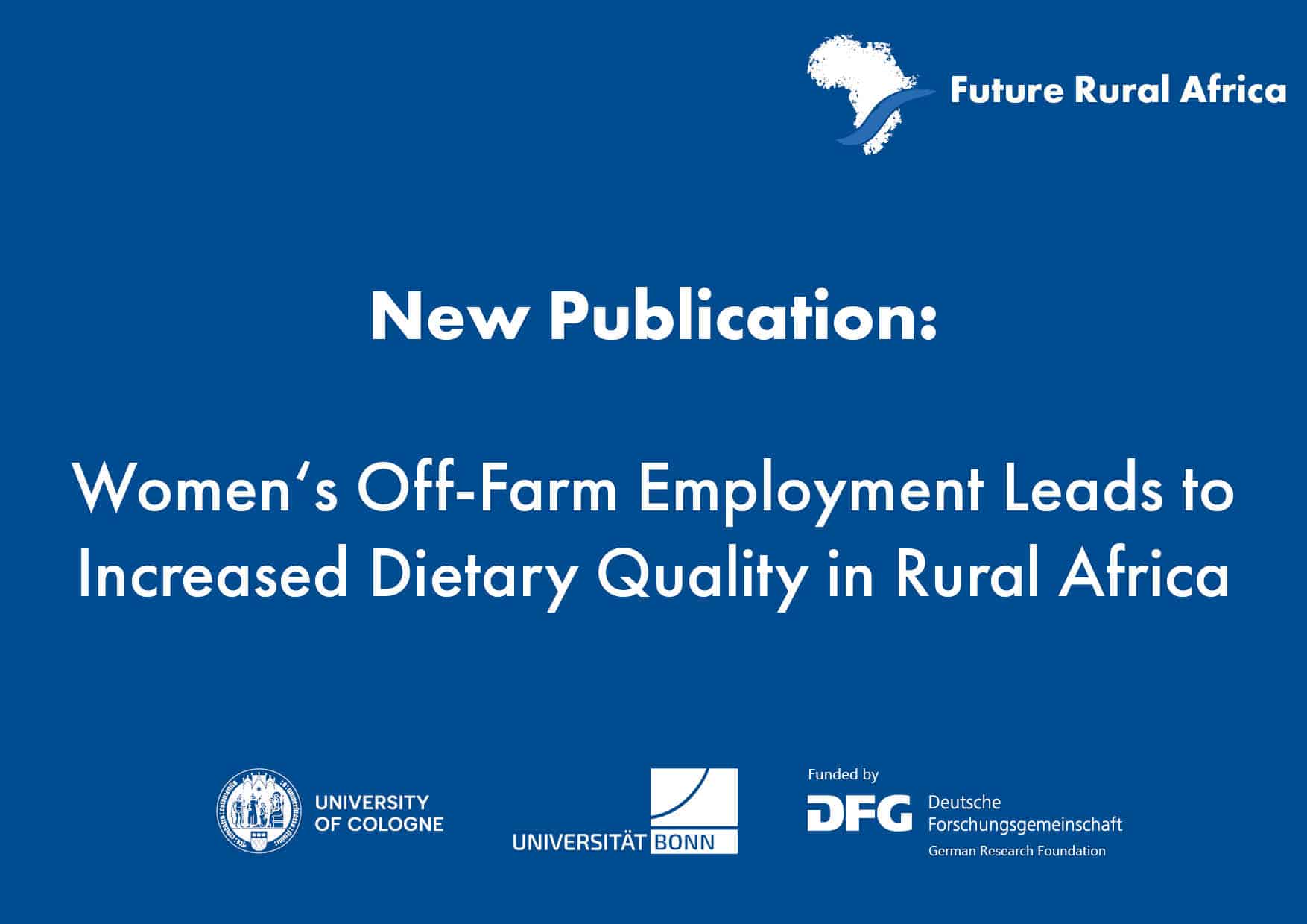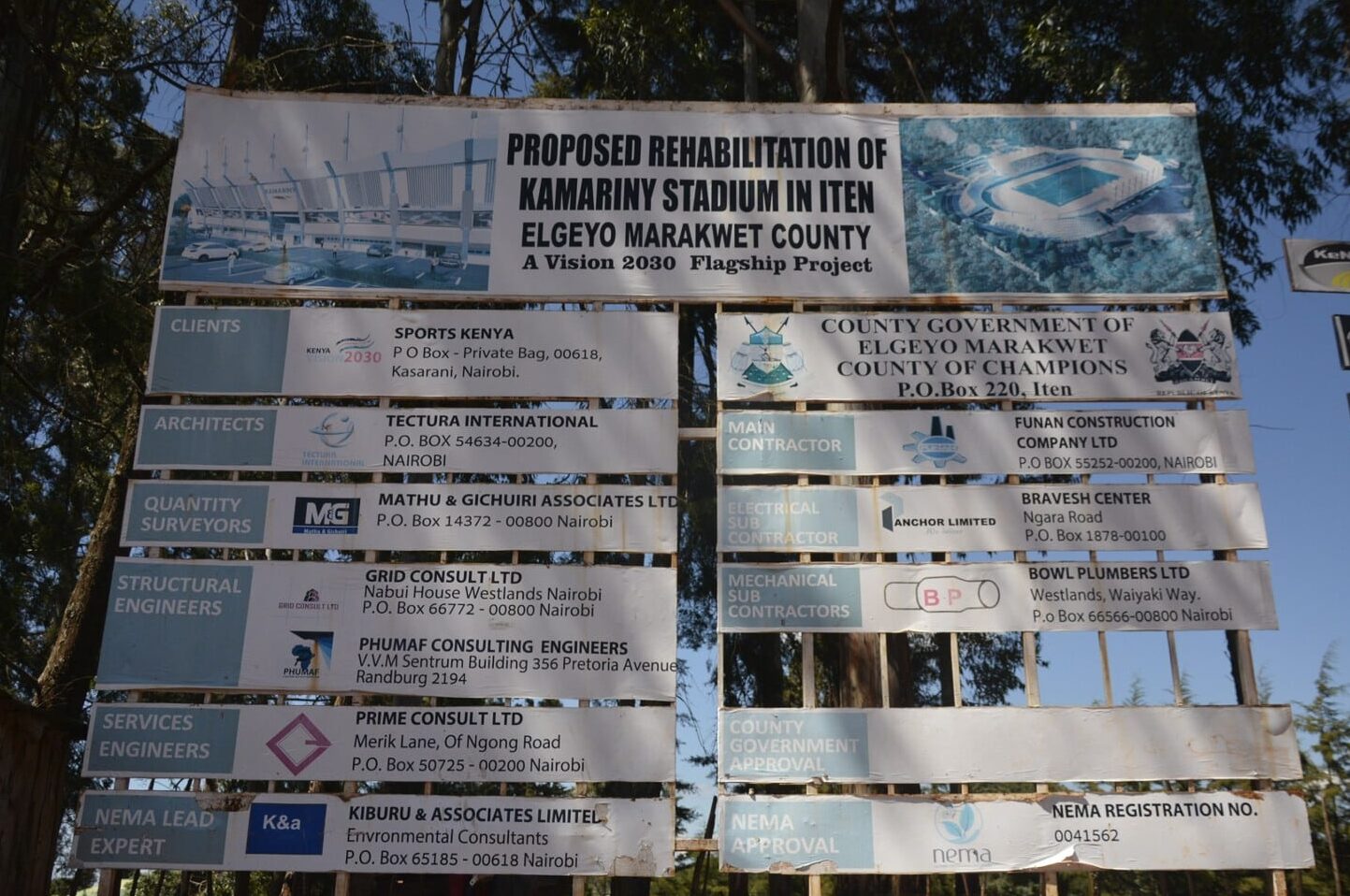Abstract
While there is a broad literature on ensuring access to affordable, reliable, sustainable and modern energy for all (SDG7), the positive impact of electrification on development and on electrification strategies, there is little literature on the topic of devolved electrification governance. The paper addresses this issue by analyzing opportunities and challenges of a devolved electrification governance with Kenya as a case study.
Conceptually, we base our exploration on an analytical framework adapted from work on multi-level natural-resource governance, which not only includes actors and policies, but also their interactions and power relations, and the analysis of devolution outcomes in the light of (good) governance principles.
Methodologically we rely on an extensive literature review and on 24 expert interviews in Kenya. Kenya is chosen as a case study because Kenya has, after its new Constitution came into force in 2010, implemented an ambitious devolution process and is one of the few countries in Sub-Saharan Africa that has devolved important energy functions. However, our results show that devolved electrification governance in Kenya is (still) fragmented and complex, partly due to the late enactment of the Energy Act (2019). Electrification is still mainly planned and implemented by actors on the national level, although decentralized structures and technologies have become more important in recent electrification policies. We found more challenges than opportunities in Kenya\’s devolved electrification governance. The biggest challenge is a lack of capability in the county governments; other challenges relate to legitimacy and overlapping responsibilities, transparency and information-sharing, accountability of national actors, as well as a lack of inclusiveness and participation of local communities. Despite existing challenges, our interviewees perceive devolution as dynamic and an opportunity for electrification and universal electricity access in the long run.
Overall, the article shows that while devolution provides opportunities for electrification and associated development impacts, a devolved electrification governance is challenging and requires not only transparency and information-sharing, but also support for capacity building at decentralized levels.
Volkert, M., Klagge, B. 2022. Electrification and Devolution in Kenya: Opportunities and challenges. Energy for Sustainable Development 71, 541-553. Full Text
For more information on project C02 Energy Futures click here.






